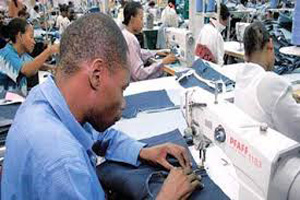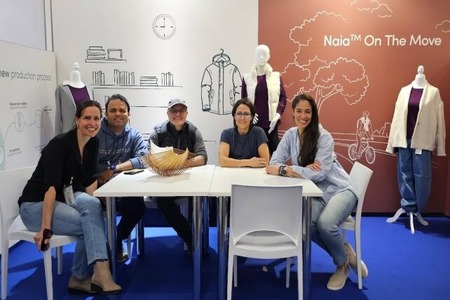
Kenyan govt takes up the task to boost its textile sector
YarnsandFibers News Bureau 2014-06-20 00:00:00 – KenyaThe Kenyan textile industry has made a sizeable contribution to income generation in rural areas by providing a market for cotton. The major factor inhibiting the growth of a textile industry in Kenya is the high cost of electricity and it reliability which accounts for about 35 percent of the cost of fabric production in Kenya, compared to 16 per cent in India.
The Kenyan government has taken up the task to revive its textile and leather sectors, and to improve efficiency in manufacturing companies in order to boost trade in the country.
Last week, Kenya’s Treasury Secretary Henry Rotich proposed an allocation of 3 billion Kenyan shilling ($34 million) to upgrade the sectors, and Industrialization Secretary Adan Mohamed said that the government is working to lower the costs of locally produced goods that compete with imported goods.
Delays caused by congestion at the port of Mombasa and poor road conditions have also been blamed for cancelled orders from apparel buyers or other penalties incurred by the Kenyan Producers.
Government has decided to provide assistance to the textile industry by bring down the cost of production, they are looking to lower the cost of power, improving the quality of roads to ensure market accessibility and improving value addition of raw products.
It would also work on issues like influx of cheap imports from Asia which pose unfair competition to local producers, importation of second hand garments, influx of uncustomed goods and sourcing of raw material that poses a major problem to local producers because it results in delays in the delivery of products to the markets. This is also linked to the upcoming raw material rule under AGOA.
Demand for leather in Kenya is a high 28 million units annually, but Mohamed said that since production is heavily reliant on imported supplies, the current local supply is less than 4 million units annually.
Kenya has ideal production zones for quality leather. With the global leather demand now estimated at more than Sh5.2 trillion ($ 60 Billion), they need to work hard to grab a share of the cake.
Kenya’s Ministry of Industrialization intends to work with the country’s county governments to promote industrial growth and job creation. Also the EPZ programme in Kenya is undergoing transformation to Special Economic Zones (SEZ) with a wider scope of activities envisaged to meet the objectives of the Vision 2030.
Market Intelligence
Ask for free sample Report

experience
Customer Base
dedicated team
Countries Served Worldwide









